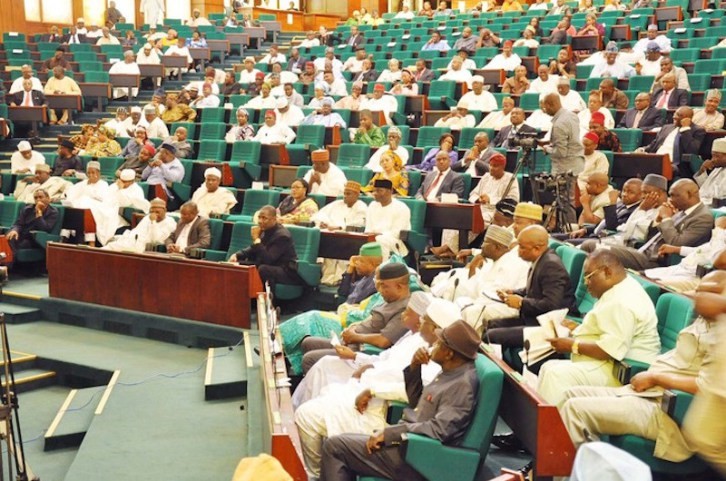The House of Representatives, Wednesday, after third reading, passed the Petroleum Industry Governance Bill (PIGB), which is a section the Petroleum Industry Bill (PIB) that has been 13 years in the making.
The PIGB provides for the governance and institutional framework for the petroleum industry and for other related matters. Recall that both the House and the Senate passed the PIGB for a second reading in June 2017 after which the leadership of the House set up the ad hoc committee headed by Chief Whip of the House, Hon. Al-hassan Ado Doguwa, to conduct Public Hearing for stakeholders’ inputs to fine tune the bill.
The Bill seeks to unbundle the Nigerian National Petroleum Corporation( NNPC), provides for the establishment of Federal Ministry of Petroleum Incorporated, Nigerian Petroleum Regulatory Commission, Nigerian Petroleum Assets Management Company and National Petroleum Company and Petroleum Equalisation Fund.
Deputy Chairman, Ad-hoc Committee on Petroleum Industry Bills, Victor Nwokolo (PDP, Delta), who led the debate on the report, explained that the regulatory bill will bulkanise NNPC and create National Petroleum Commission which will take over the functions of the Department of Petroleum Resources (DPR).
He explained that some subsidiaries of the NNPC had also been merged into an entity to be known as the Nigeria Petroleum Regulatory Commission.
The bill further provides that “Upon the recommendations of the new commission, the Minister of Petroleum Resources can grant, amend, renew, extend or revoke any licence or lease required for petroleum or production, pursuant to the provisions of the Act or any other enactment.”
The power for issuing and revoking licenses was also domiciled in the commission, as well as allocating petroleum production quotas in a non-discriminatory manner.
The commission is also empowered to advise the Minister on fiscal and other issues pertaining to the petroleum industry, establish framework for the validation and certification of national hydrocarbon reserves, undertake evaluation of national reserves and reservoir management studies as well as conduct regular audits of the activities of operators engaged in petroleum operations and oil service companies in order to ensure compliance with Nigerian laws and requirements for petroleum operations.
Reacting to the passage, the Civil Society Legislative Advocacy Centre (CISLAC) said it will to appreciable extent promote transparency, accountability and governance, as well as curtail monumental financial losses in Nigeria’s oil and gas sector.
“Considering other outstanding Bills that are paramount to the existence and composition of PIGB such as those related to the host communities and fiscal issues in the sector that have passed through second reading in the House, we call for sustain efforts and commitments to fast-track their passage,” Auwal Ibrahim Musa (Rafsanjani) Executive Director, CISLAC, said in a statement.




























